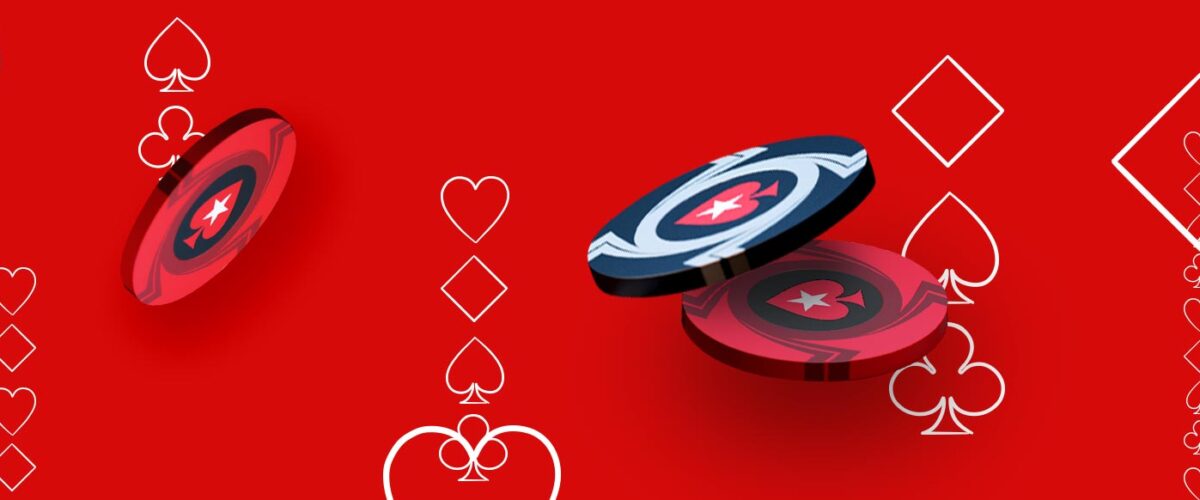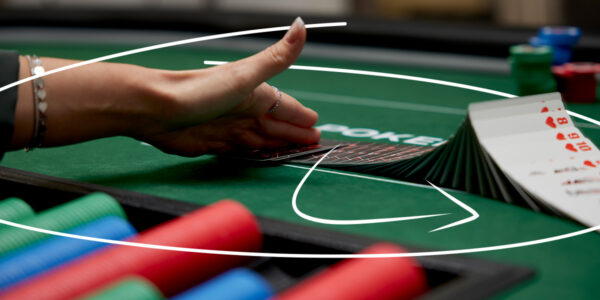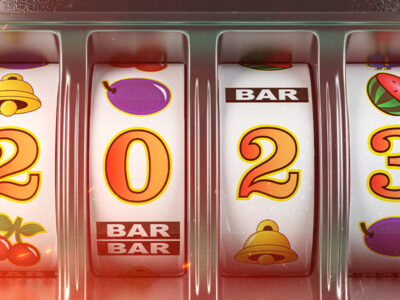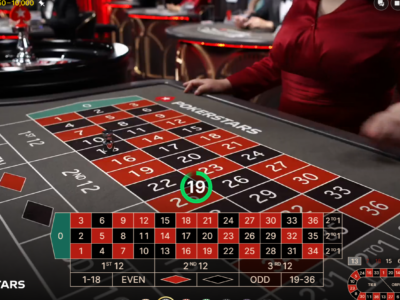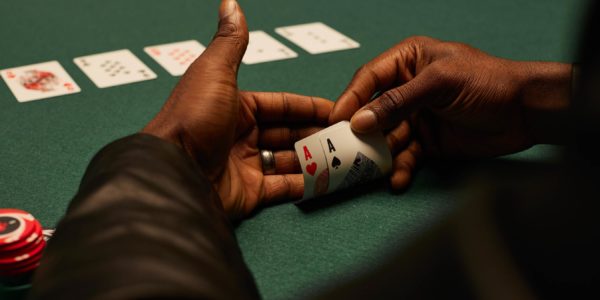Five Tips For Effective Note Taking During WCOOP
Taking effective notes on your opponents is a crucial skill in poker, especially in long sessions or tournaments where you’ll face the same players multiple times. Here are five tips to help you take efficient and useful notes.
Look For Patterns
If you see something once from an opponent it could be an anomaly, but if it happens more than once then you could be looking at a pattern.
One of the most common patterns, or tells, is bet sizing. Note how opponents bet in different situations. Do they always bet big with strong hands and smaller with weak ones? Do they always raise bigger pre-flop with hands like A-K and small pairs, but smaller with Aces, Kings and Queens. Identifying pre and post-flop betting patterns can help you gain valuable information about your opponent’s hand strength.
Everyone bluffs, but not everyone bluffs in the same way or frequency. Note instances where opponents bluff, especially in different contexts (e.g. on the river vs. earlier streets). This helps gauge how likely they are to bluff in various situations.
Track Specific Hand Behaviour
Whenever a hand goes to showdown that you’re not involved in, you get free information and it’s vital to take advantage of that.
Whenever an opponent shows their cards at the end of a hand, take note of how they played it. This can reveal their tendencies and how they value certain hands. So, for instance if you notice they raised 6d-5d from under-the-gun, that’s important as it’s looser than you’d expect. Basically, note anything out of the ordinary that you spot at showdown.

Identify Leaks
Identifying a leak from an opponent is how you exploit them. Do they only ever bet the flop and turn if they have it? If so, then whenever they check the turn you can bet with whatever you have. Of course not all leaks or tendencies are this obvious or easy to spot.
Overvaluing hands is a leak to look for. If an opponent consistently overplays hands like middle pair or an ace with a weak kicker, note this. You can exploit these tendencies by inducing calls when you have stronger hands.
Some players will be very predictable in their actions, for instance only betting strong hands, identifying such habits makes it easier to exploit their playstyle.
Use Abbreviations and Shortcuts
Time is money and when you’re playing a tournament the last thing you want to do is take ages to take a detailed note on an opponent, so you’ll need to develop a shorthand that you understand.
So, use abbreviations to make note-taking quick and efficient. For example, “CB” for continuation bet, “AG” for aggressive, C/R for check-raise
Use symbols like “+” for aggressive actions or “-” for passive actions. A consistent shorthand system helps you quickly interpret your notes during play, you’ll never know when you’ll need to refer to one in a big pot.
Update Regularly
Whenever you make a note, date it if possible. Players can change their strategies, so knowing if your note is six days or six months old is important. As is updating your notes regularly to reflect any new or change behaviours you’ve observed.
View Other Blogs

